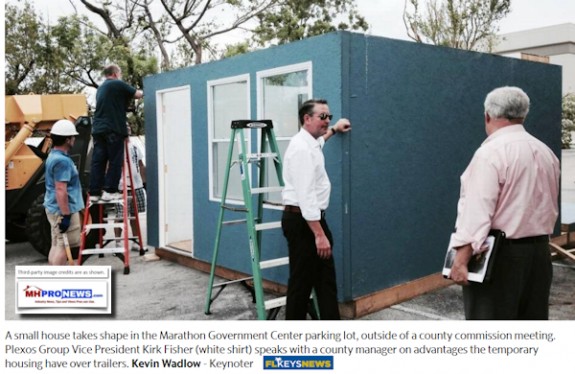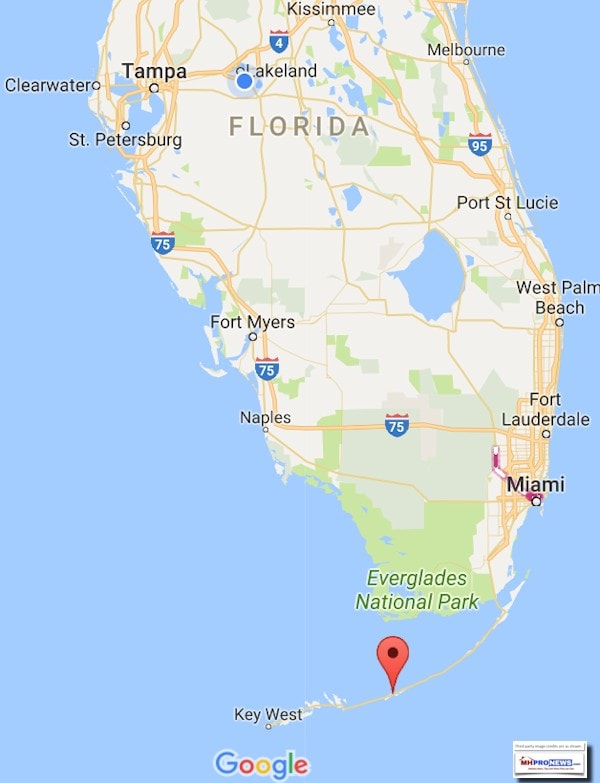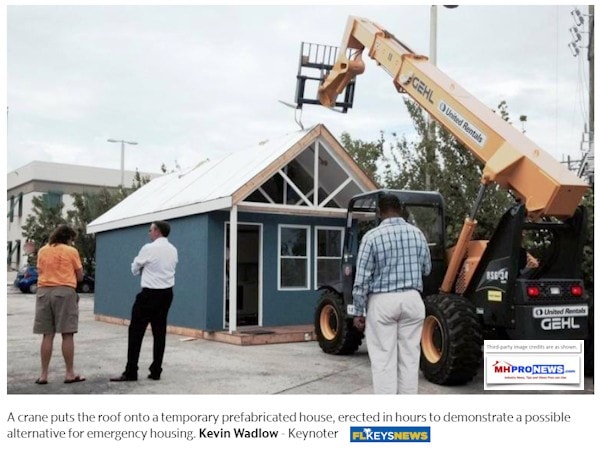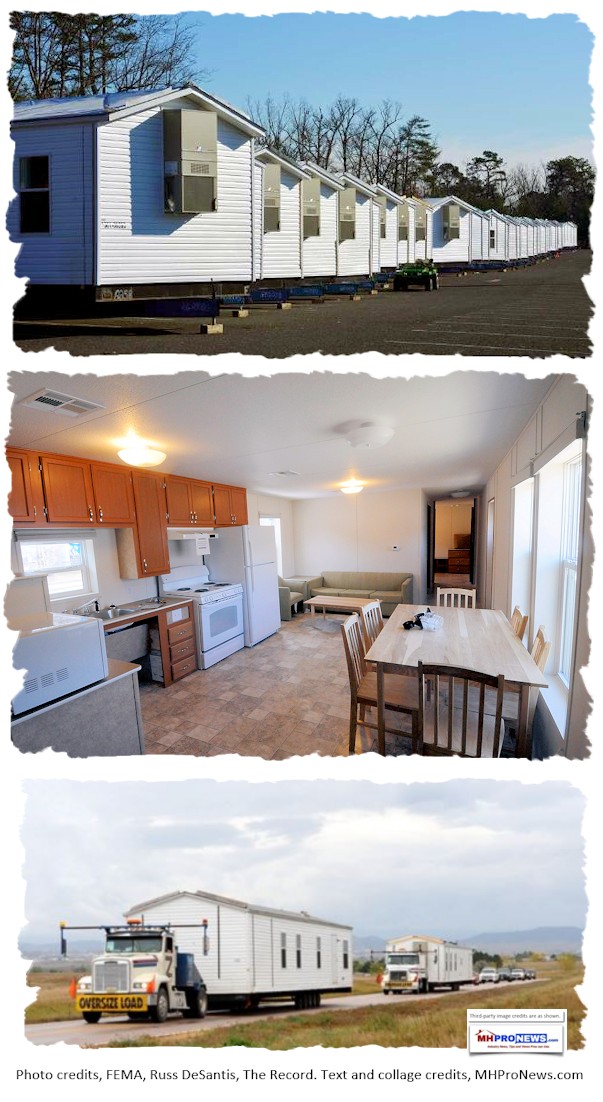
The subject was hurricane recovery efforts.
The market potential is in the billions of dollars.
The Miami Herald and the Florida Keys News (Keynoter) both carried recent stories about the Plexos Group’s meeting with Marathon, FL county commissioners.
“They [Plexos Group] just wanted to come in and show it off as an alternative to trailers and mobile homes” typically used for temporary housing after emergencies, County Administrator Roman Gastesi told commissioners,” reported senior writer, Kevin Wadlow.
The Plexos Group website boasts that their firm has a century of experience managing over 25 billion dollars-worth of post disaster relief efforts. Working with local, state, and federal officials, Plexos stated that their experience – quoting their bullets – includes:
Obtaining Expedited FEMA Funding from the Response Event
• Ensuring Compliance with FEMA, HUD, and other Agency Requirements• Installing Temporary Facilities
• Designing Programs that are Compliant and Guard against Deobligation of Federal Funding
• Creating HUD CDBG Action Plans and Obtaining HUD CDBG-DR Disaster Funding• Identifying Additional Sources of Funding and Preparing Required Funding Requests
• Providing Overall Program Management
• Conducting Compliance Audits to ensure all documentation and Project Worksheets submitted are in accordance with FEMA and other Federal Requirements.
• Performing Inspections, Documentation, Engineering Assessments, and Data Collection to support all Claims
• Working Closely with FEMA and other Federal Agencies in Expeditiously obtaining Funds
• Running large disaster recovery programs including “Rapid Repair”, “Fast Start”, CDBG-DR Housing Recovery, CDBG-DR Small Rentals, and other programs.

Herald, Keynoter’s Troubling Report…
“We don’t know” if the Federal Emergency Management Agency would approve funding for the “cartridge technology” houses, Gastesi said, “but it’s kind of a neat idea,” per the Miami Herald.
“Plexos Senior Vice President Kirk Fisher said the design for the houses was drawn after Hurricane Katrina struck Louisiana and Mississippi in August 2005, displacing an estimated 400,000 people,” stated Wadlow.

“The cramped but liveable pop-up homes could be built and occupied for about $60,000, he said, and would be cheaper and more resilient to weather than manufactured trailers [sic],” Wadlow opined in his narration.

“It could be a temporary solution to a housing shortage, or even a permanent solution” in some situations,” per Plexos Group’s Fisher.

Wadlow cites a mainstream media source in Louisiana that said last December that, “FEMA estimated that it pays a unit rate of $62,500 for average cost of a mobile home [sic], and another $23,000 for installation, and then $15,400 for maintenance.”

The Daily Business News, first covered that concern for the HUD Code portion of the factory built home industry via the news report, linked here.
“Trailers [sic] occupied for several months typically are sold off,” stated the Keynoter, adding that “Many small trailers used after Hurricane Katrina were faulted for containing potentially hazardous materials. Current FEMA trailers [sic] must be built to higher environmental standards.”

In a Masthead column, MHProNews also spotlighted the ways that FEMA and Manufactured Housing Units (MHUs) could become a costly headache for the industry and its independents, see that report, linked here. ## (News, analysis.)
(Image credits are as shown above, and when provided by third parties, are shared under fair use guidelines.)
Submitted by Soheyla Kovach to the Daily Business News for MHProNews.com.



























